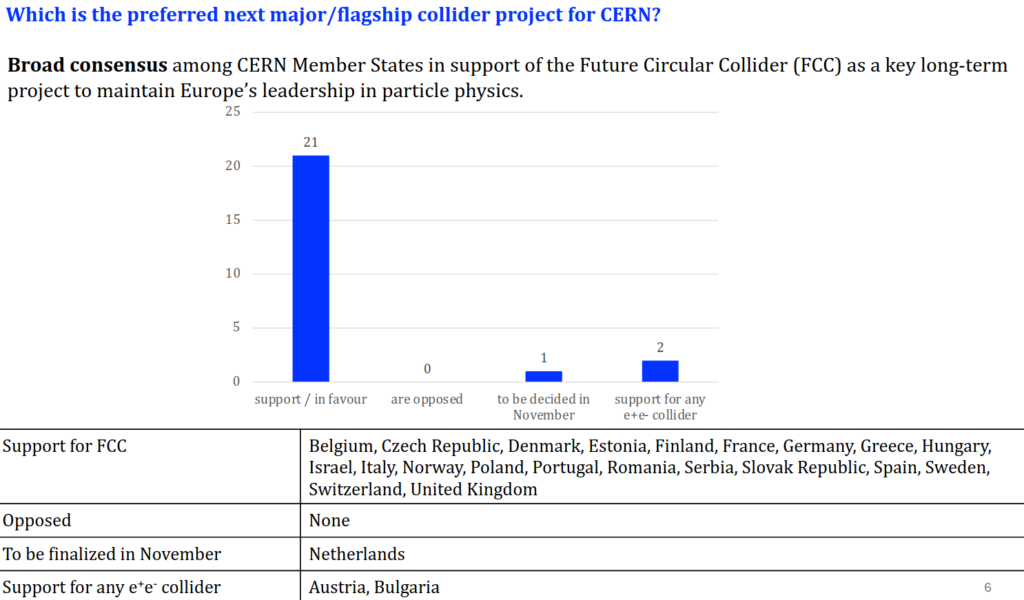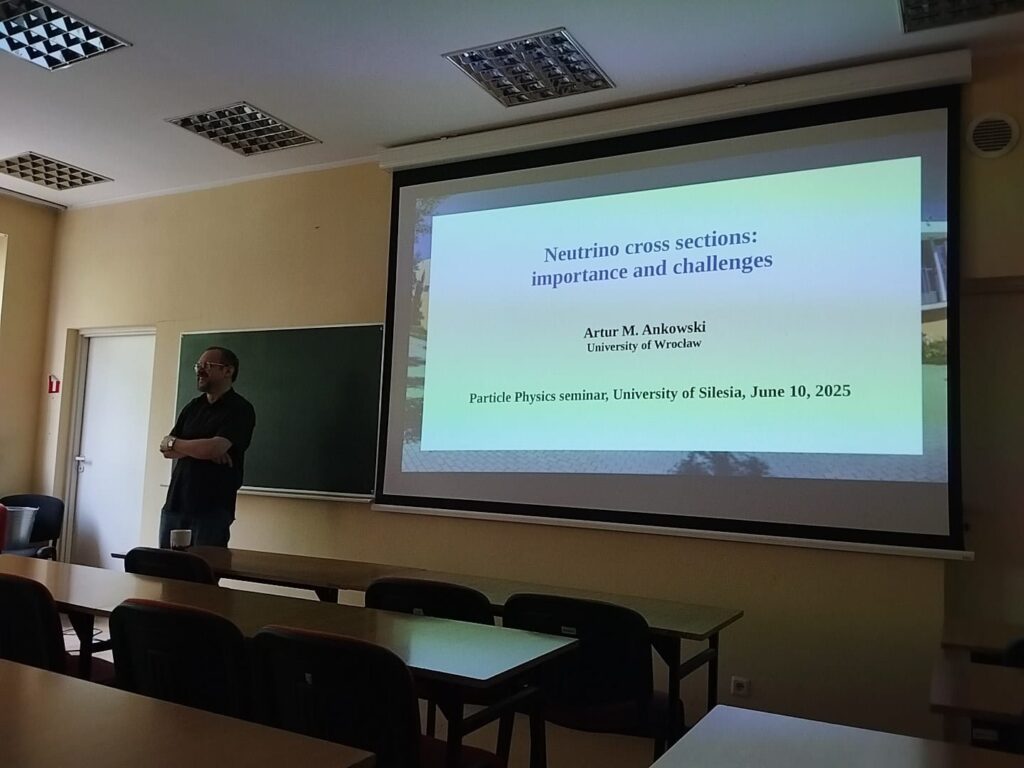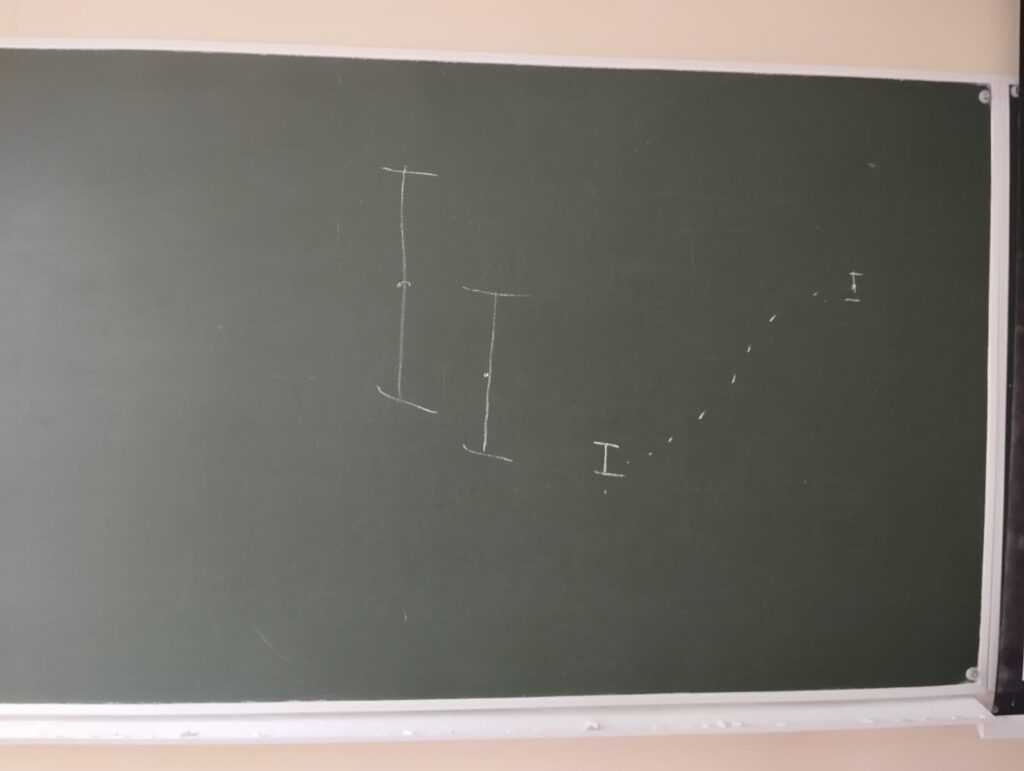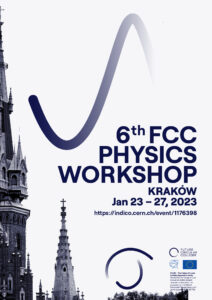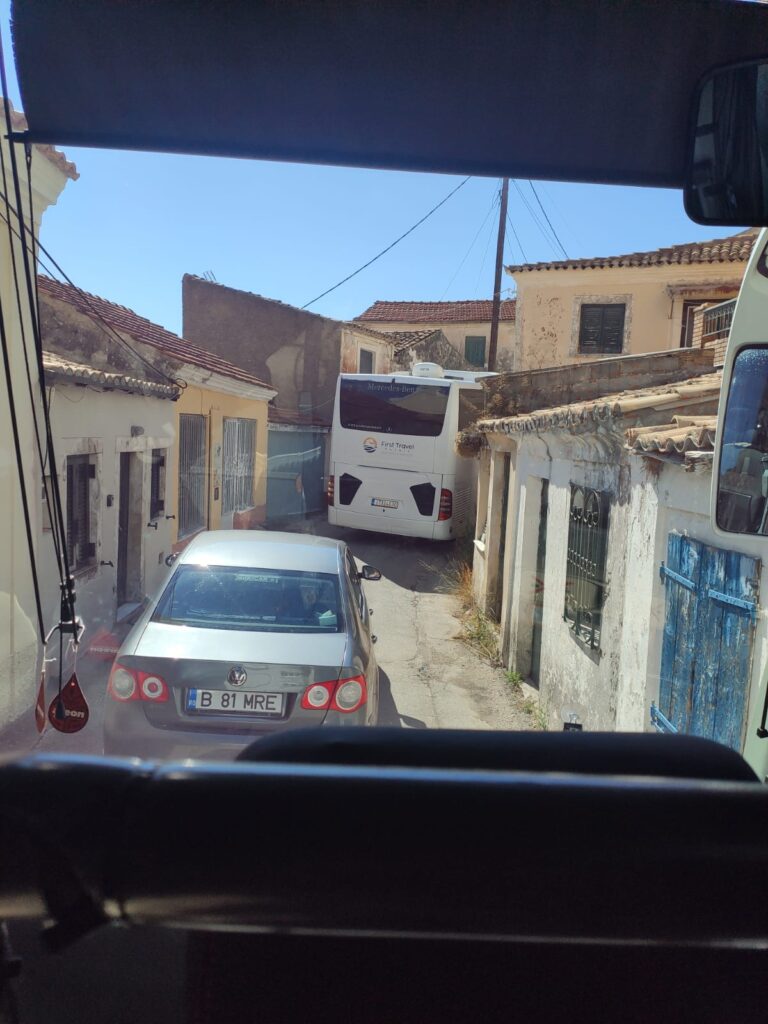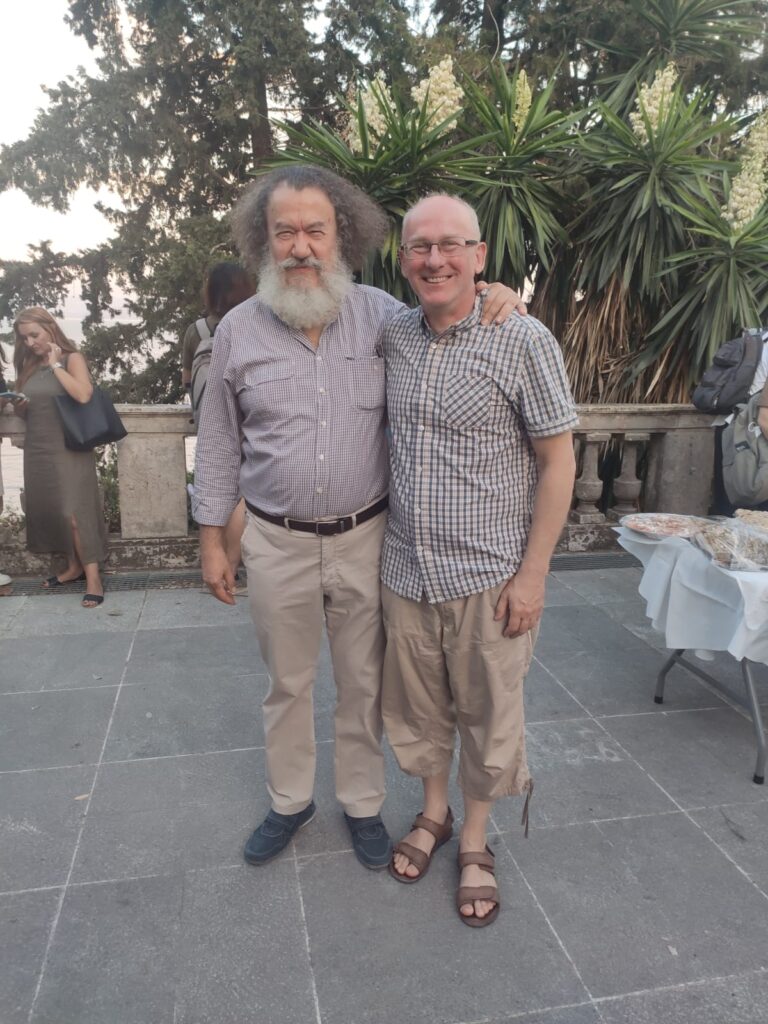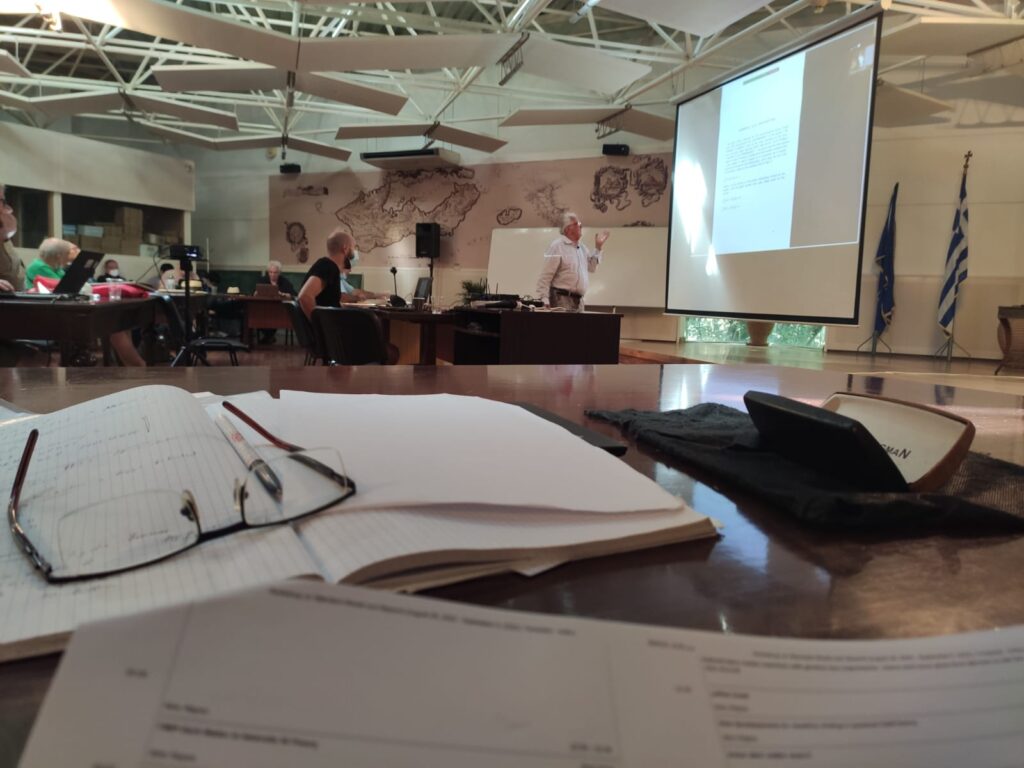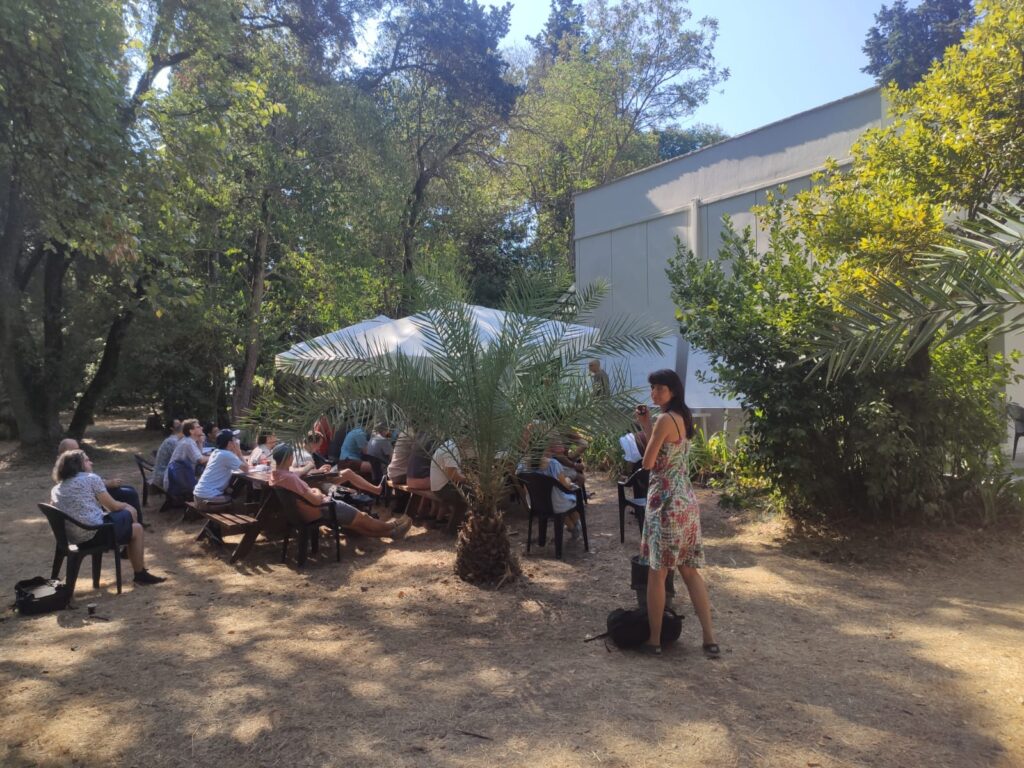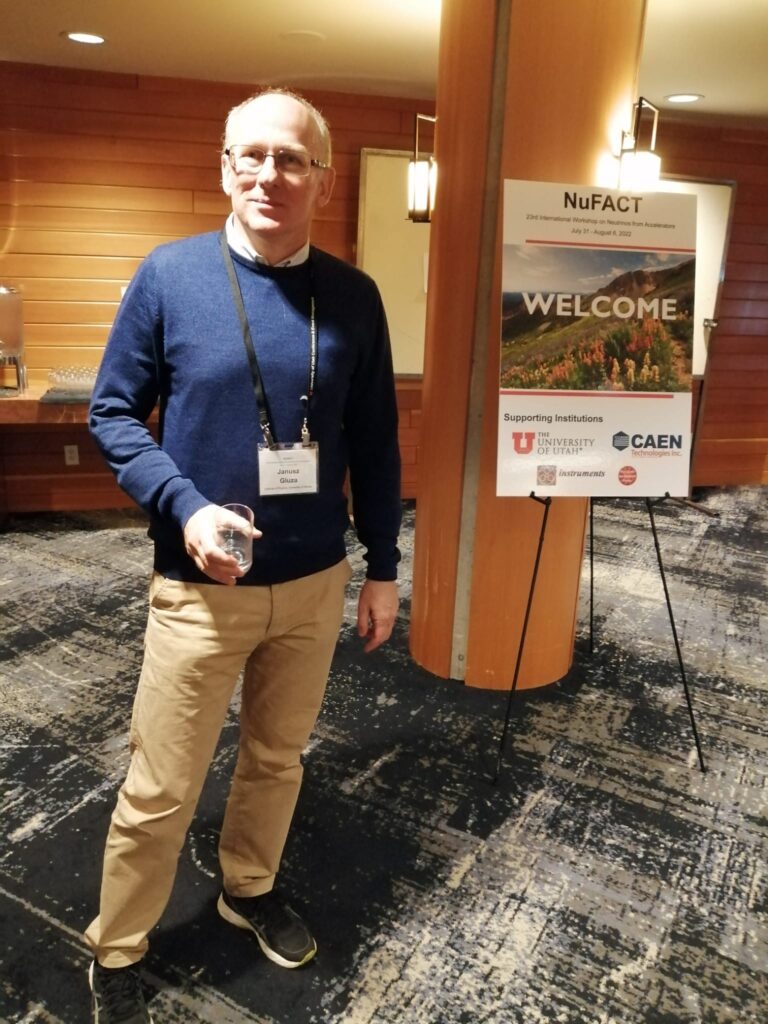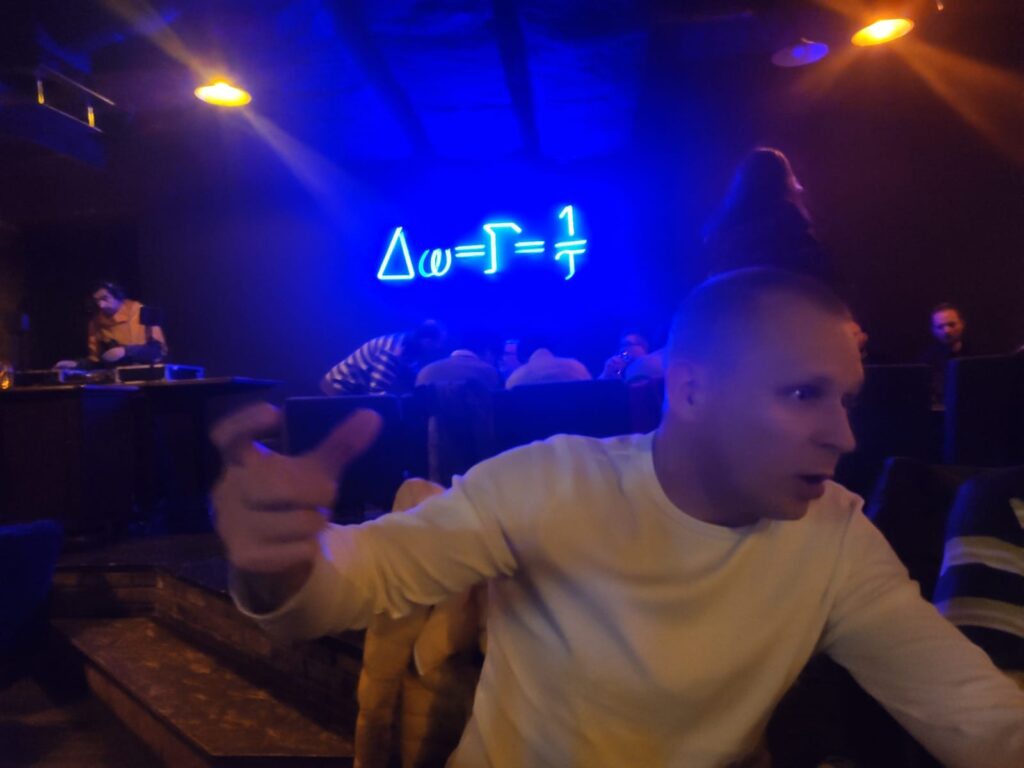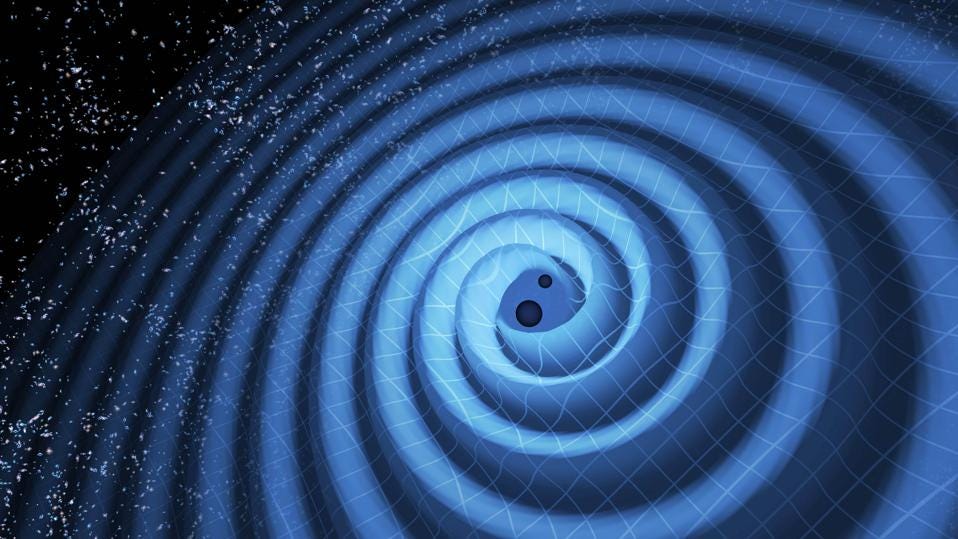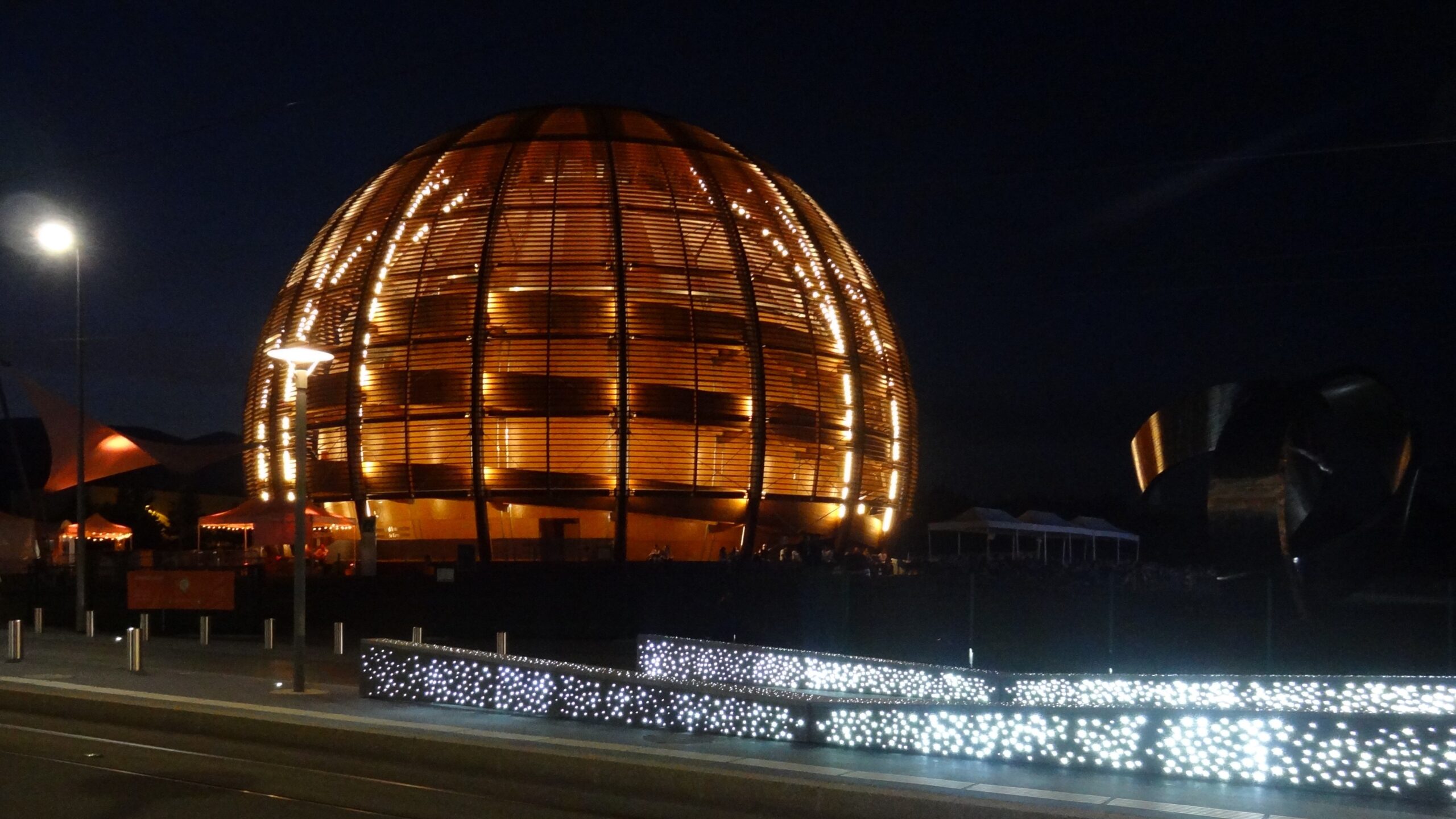The pattern of neutrino mixing, usually parameterized by the Pontecorvo-Maki-Nakagawa- Sakata UPMNS matrix, still remains a striking puzzle in particle physics. Why do we use the PMNS matrix?
We (Biswajit Karmakar and Janusz Gluza with Jarosław Duda from Jagiellonian University) discuss another parametrization of the neutrino mixing based on the SO(3) group, which is especially suitable for the CP-conserving case, with phenomenological consequences, in Physics Letters B article https://doi.org/10.1016/j.physletb.2026.140219
The mixing angles for parametrization based on the SO(3) group are quite different:

How is it possible? Think about it or take a look at the article.

